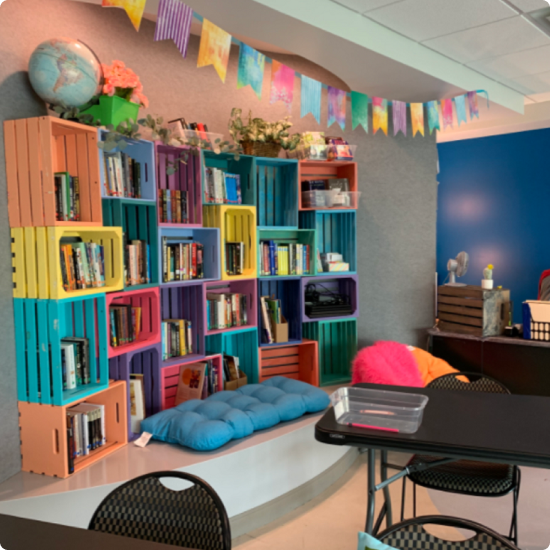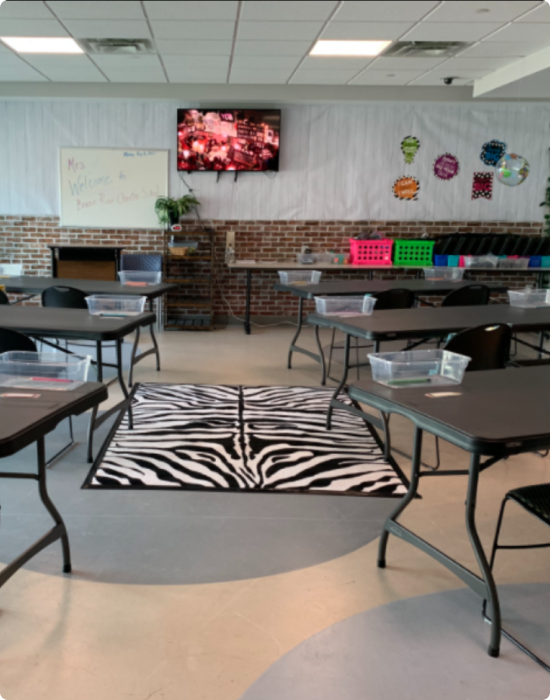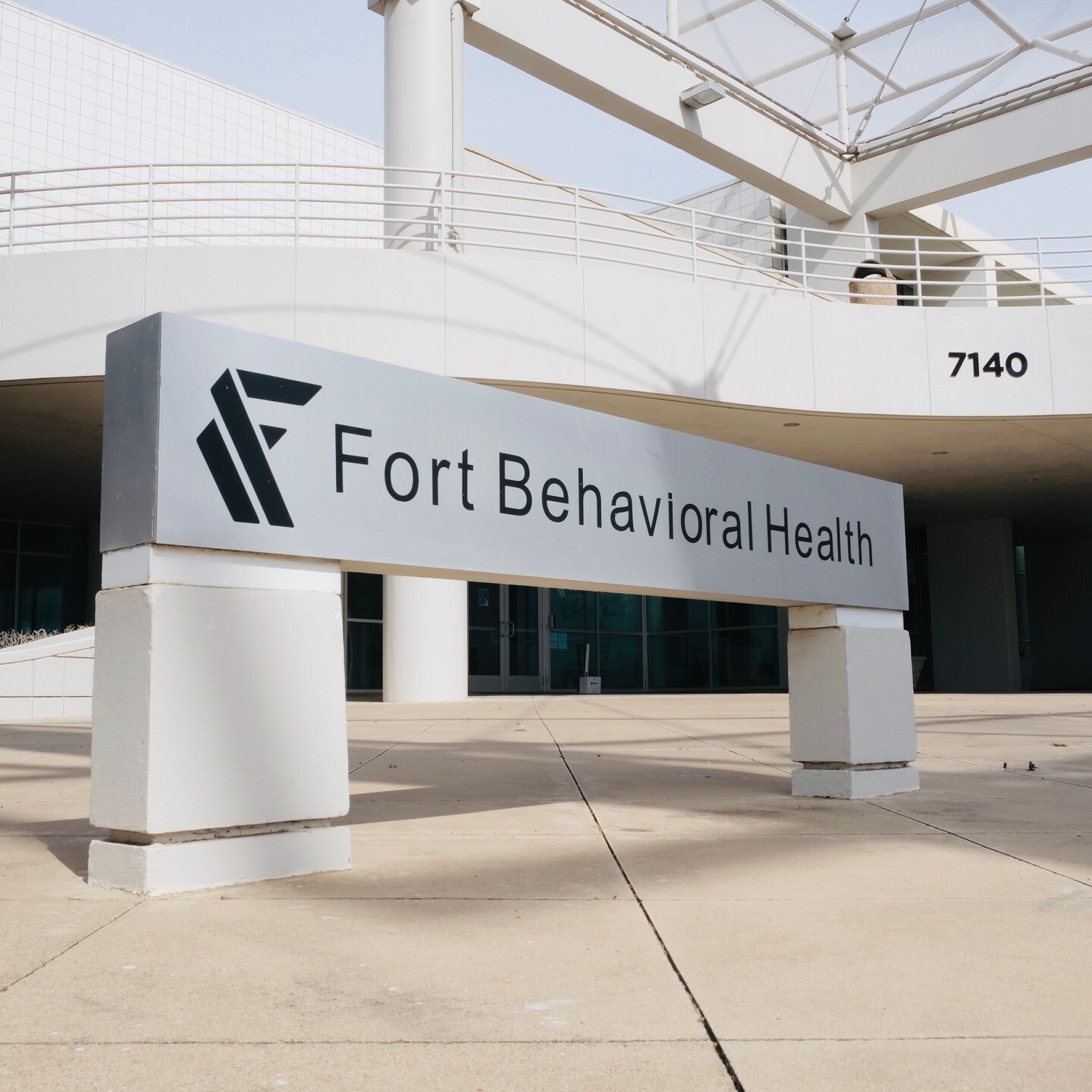
If your teen is struggling with addiction, a residential treatment program can set them on the path to recovery. As parents, we want to support and protect our children through any problem. However, professional help like our adolescent treatment program at Fort Behavioral Health might be what your child needs most. The consequences of addiction are serious, especially for adolescents. These can range from damage to relationships or mental health problems to physical harm and the potential to overdose. Teens are especially vulnerable to lasting harm from addiction. A residential program provides both group and individual therapy, helps prevent relapse, and can also help your teen recover in both body and mind.

The Benefits of an Adolescent Treatment Program
So why should you choose a residential treatment program for your teen? Teens who struggle with substance abuse might face challenges with their mental health as well. Also, because their logical reasoning centers don’t fully develop until their mid-20s, adolescents face unique difficulties in overcoming addiction. In fact, the National Institute on Drug Abuse says children and adolescents are more likely than adults to become addicted after exposure to drugs. Addiction changes brain chemistry, and those changes make it hard to recover from addiction without relapsing. Therefore, a program that provides both mental health care alongside addiction treatment programs can help your teen find meaningful recovery.
Our first goal here at the Evergreen Path at Fort Behavioral Health is to create a long-lasting, sustainable recovery. Evergreen Path is a trauma-informed program that addresses young men and women’s mental health and substance use disorder needs. Using attachment-based and trauma-informed treatment modalities and environments to provide a holistic approach to healing and recovery. The purpose is to put a pause on life so that we can dig deep into what the underlying needs are behind the addiction, behaviors, and other symptoms. 30 days is not enough time to undo everything, but it gives a chance to build a foundation for adolescents to be successful in their homes and communities.



To achieve this, teens participate in weekly individualized therapy, weekly family therapy, daily therapy groups, daily recreational therapy, and more. Therapy groups are designed to address both the emotional and cognitive behaviors surrounding substance use and mental health disorders. Utilizing both DBT and CBT approaches, each group addresses a specific theme. Adolescents in these programs get to participate in special topic groups that are designed around active engagement activities and unique challenges that adolescents face. Each week, we explore the themes in a new way and build on skills as each individual grows and as they advance in the program in the following areas:
Our Adolescent Treatment Program
Our adolescent program is different from our adult recovery program — we know that the treatment needs of adolescents are unique. Read on to find out what happens here.
Our clinical team to provides personalized care tailored to your teen’s specific needs. The program is 45-60 days long, and we can also provide referrals for continuing care. While here, clients will engage in treatment from all areas of life, including recreational activities and music and art-based groups. This helps your teen recover physically and emotionally, as exercise can boost endorphins while easing stress.

Our Groups
Therapy groups are designed to address both the emotional and cognitive behaviors surrounding substance use and mental health disorders teens face. Utilizing both DBT and CBT approaches, each group addresses a specific theme. Adolescents get to participate in special topic groups that are designed around active engagement activities and unique challenges that adolescents face. Each week we explore the themes in a new way and build on skills as each individual grows and as they advance in the program.
All groups are trauma-informed, evidence-based, and led by a licensed therapist. These groups include:

Find Yourself at Fort Behavioral Health
To learn more about our adolescent treatment program, view detailed information, or download our schedule, contact Fort Behavioral Health online or call us at 855.965.4280. Recovery is possible, so help your teen break the cycle of addiction today.
